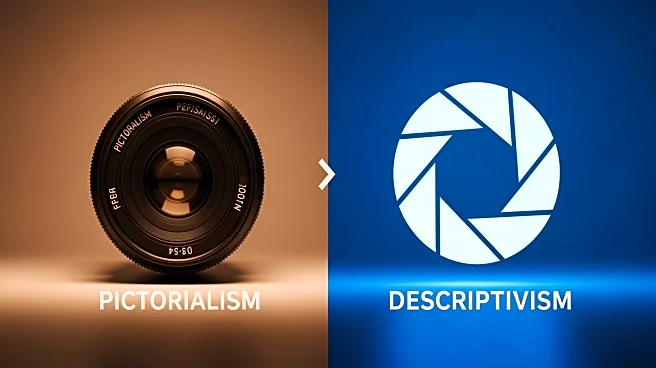What's Happening?
The Trump administration has introduced a new $100,000 fee for obtaining an H1-B visa, significantly increasing the cost from the previous $2,000 to $5,000 range. This change has created challenges for U.S. school districts that rely on international teachers to fill positions in subjects like math, science, and foreign languages. The administration's order allows for exemptions if deemed in the national interest, but education organizations are advocating for teachers to be included in these exemptions. The new fee, effective shortly after the executive order, has raised concerns about its impact on teacher staffing, particularly in rural and underserved areas.
Why It's Important?
The increased visa fee could exacerbate teacher shortages in the U.S., particularly in rural and underserved areas that depend on international educators. School districts may struggle to afford the new costs, potentially leading to a decrease in the number of qualified teachers available. This could impact the quality of education, especially in critical subjects where shortages are already prevalent. The policy change also highlights broader immigration challenges and the need for a balanced approach that considers the educational needs of U.S. students while addressing national security concerns.
What's Next?
Education organizations and lawmakers are likely to continue advocating for exemptions for teachers from the new visa fee. The administration's proposal to prioritize higher-paying jobs in the H1-B application process could further disadvantage school districts, which typically offer lower salaries compared to other industries. Public comments on the proposal are expected to influence future policy adjustments. The ongoing debate may lead to legislative efforts to address the impact of immigration policies on education.










